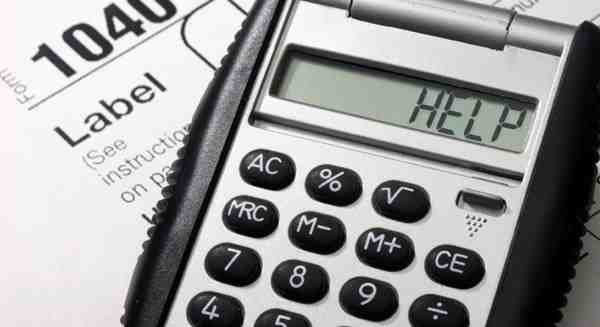The ATO is reminding people involved in the sharing economy to make sure they meet all their obligations this tax time.
Melbourne, September 15: Assistant Commissioner Graham Whyte said the ATO was concerned those earning money from the sharing economy may not realise they have to declare these amounts on their tax return.
“The sharing economy has changed the way we do a lot of things, but it hasn’t changed the ATO’s definition of income,” said Mr Whyte.
“In the sharing economy, buyers and sellers are connected through a facilitator who usually operates an app or website.
“If you earn money from doing odd jobs or providing a service like task sharing, transporting passengers through things like ride-sourcing, or renting out a room or house, you need to declare it because it counts as assessable income. If you are running a business through the sharing economy you also need to declare this income.
“It’s a bit different if the goods you provide or the activity you complete through a sharing economy website or platform is done as a hobby or recreational activity. The amount you are paid may not be assessable income. You can check the ATO website for information on how to work this out.”
Mr Whyte said ATO technology was keeping up with the sharing economy, and it would know if you had left out a significant amount of income.
“Every year we obtain over 600 million pieces of data from a range of third party sources, including information about income from banks.
“The data enables us to put together a picture of what a person’s assessable income should be. If something doesn’t look quite right, it will send up a red flag and we’ll investigate further. So it is better to make sure you get it right the first time.
“Your obligations are pretty simple if you earn a fee from task sharing for odd jobs or providing a service, and it counts as assessable income – you just need to include the income in your individual tax return.
“On the other hand, any money earned through accommodation sharing, in other words, where you rent out all or part of your house or a car space, should be included in your individual tax return as rental income.
“It is important to remember you are entitled to the same deductions as other rental property owners. However, when working out your deductions, you need to take into account what portion of the house is rented out and for how much of the year.”
Mr Whyte said that most people involved in the sharing economy will be entitled to claim deductions if they are declaring income, not just those sharing their accommodation.
“The key to knowing what you can claim as a deduction is keeping good records of all income and expenses incurred while providing a service.”
Mr Whyte said a sure-fire way taxpayers involved in the sharing economy could make sure they are getting their tax right was to be aware of their specific obligations.
“You will have different obligations depending on what you are doing, in particular, whether or not you need to register for, and pay, GST.
“If you are earning an income from carrying on an enterprise of ride-sourcing services you will need to register for and pay GST regardless of how much money you earn.”
For more information on ride-sourcing and your GST obligations, visit: Providing taxi travel services through ride-sourcing and your obligations.
For more information on the sharing economy and tax obligations, visit: The sharing economy.
Tax centres are located all over Melbourne metro and regional areas
Ramakrishna VenuGopal
feature image @sheknows.com
Similar Posts by The Author:
- Confession: Jacinta Allan wants to do acting in Bollywood
- With a house on a hilltop, wedding in the offing, is it time for Anthony Albanese to bow out, gracefully?
- CBI arrests RG Kar college ex-principal Sandip Ghosh
- Ashvinkumar Chavan’s fruit and veggie business ‘Strawberry Point’ in Forest Hill fined
- Hindus in Pakistan celebrate Rakshabandhan; PPP leader Krishna Kumari ties Rakhi to Bilawal Bhutto

